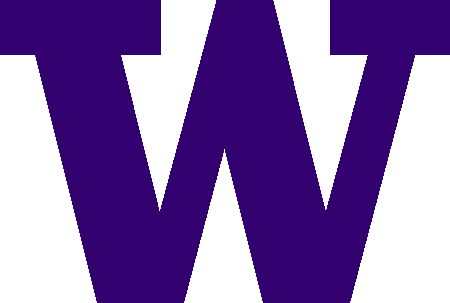Teaching
Teaching Approach
I am proud to be a strong, enthusiastic and engaging teacher. I continue to refine my approach to teaching graduate level courses, and to mentoring individual students through independent studies and doctoral advising. I see teaching as a unique opportunity to help shape the thinking and practice of the next generation. To be successful, I strive to make the course materials, both content and delivery, more relevant to the everyday experience of the students. I use multiple strategies (lectures, small group discussions, games and exercises, video presentations and assigned readings) to engage students and help them gain deeper understanding of the subject matter, of themselves as information professionals, and as critical members of society.
Through independent studies, and research and teaching practica, I seek ways to involve graduate students in my research and publications. I have numerous publications in process, submitted, and published that are co-authored with graduate students, and sometimes with undergraduates. I continue to develop mentorship relations with my students, and I am happy to see their progress as they thrive academically in school, and professionally after graduation. I work very closely with my doctoral students, constantly monitoring their progress through the milestones of the program and guiding them in their path to become engaged scholars in information science.
I seek creative ways to engage with students in the classroom. For example, I recognized the appeal of the game “Cards Against Humanity” among college-aged students, and created an educational game inspired by it, which I called “Cards For Humanity.” I use this game with students as a tool to elicit discussion topics and stimulate participation as part of a class on Information, Ethics and Policy.
Effective Online Teaching
iSchool News: Gomez Inspires online teaching toolkit.
UW Continuum College recognized my teaching when they created an online toolbox for effective online teaching, based on and illustrated by my practice with LIS 570: Research, Assessment and Design. Each of the Seven Principles for Effective Teaching includes an explanation and examples drawn from my teaching practice:
- Principle #1 – Communicate with Your Learners (11 min)
- Principle #2 – Nurture a Learning Community (10 min)
- Principle #3 – Encourage Active Learning (11 min)
- Principles #4 & #5 – Be Present & Get Organized (13 min)
- Principle #6 – Hold High Standards (18 min)
- Principle #7 – Put People First (24 min)
Teaching Awards
- Nomination: UW Distinguished Teaching Award, 2021, UW. (2020).
- Nomination: UW Distinguished Teaching Award, 2020, UW. (2019).
- Nomination: UW Distinguished Teaching Award, 2019, UW. (2018).
- Nomination: UW Distinguished Teaching Award, 2018, UW. (2017).
- PROF Award, 2016, iSchool. (2016).
- Nomination: Distinguished Teaching Award, 2016, UW. (2015).
- Nomination: Undergraduate Research Mentor Award, UW. (2013).
- PROF Award, 2012, iSchool. (2012).
sCLASSES
I teach Research Methods to incoming MLIS students, Qualitative Research Methods to doctoral students, and graduate courses on Info and Social Justice, Info and Migration, and Info Ethics (undergraduate).
Past record of teaching at UW includes:
IMT 550, Policy, Law, and Ethics in Information Management, 6 courses.
INFO 350, Information Ethics and Policy, 3 courses.
INFO 450, Information Ethics and Policy, 1 course.
INFX 508, Reading Seminar, 2 courses.
INFX 598, Special Topics, 1 course.
INSC 572, Qualitative Methods in Information Science, 5 courses.
INSC 598, Special Topics in Information Science, 1 course.
LIS 500, The Question Of Information, 4 courses.
LIS 553, Information and Social Justice, 4 courses.
LIS 570, Research, Assessment, and Design, 20 courses.
LIS 598, Special Topics in Information and Library Science, 1 course.



